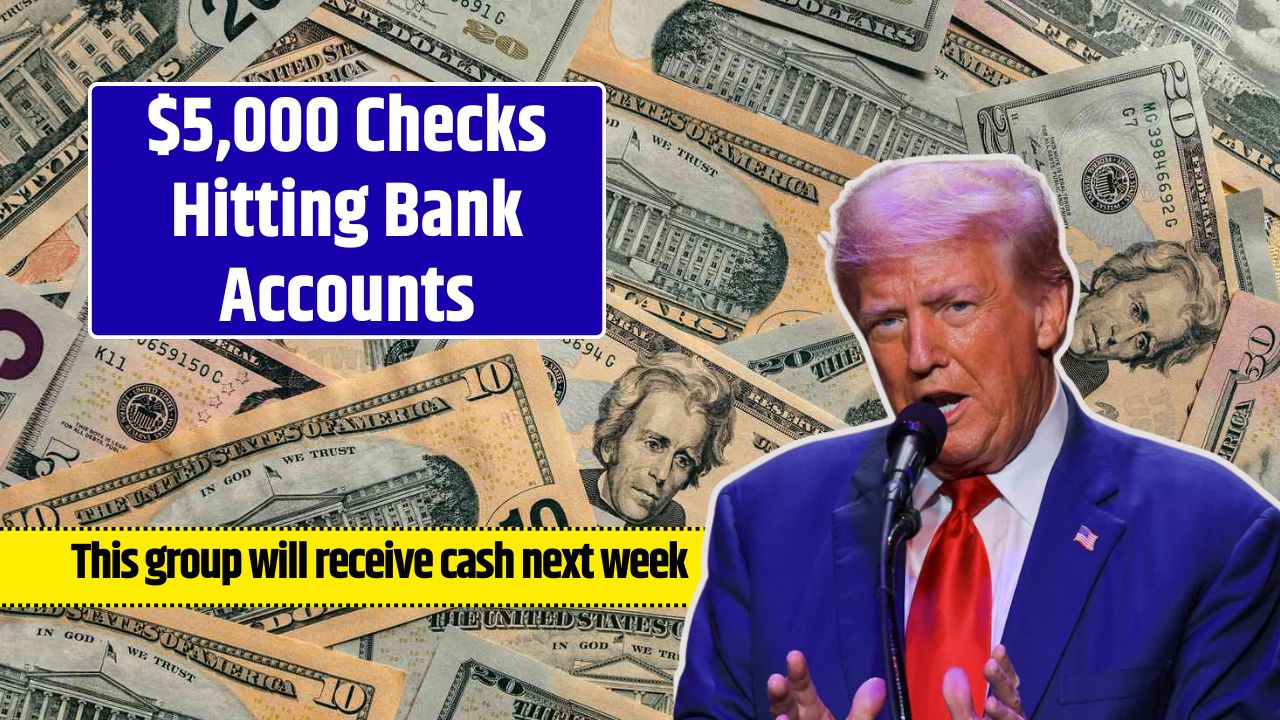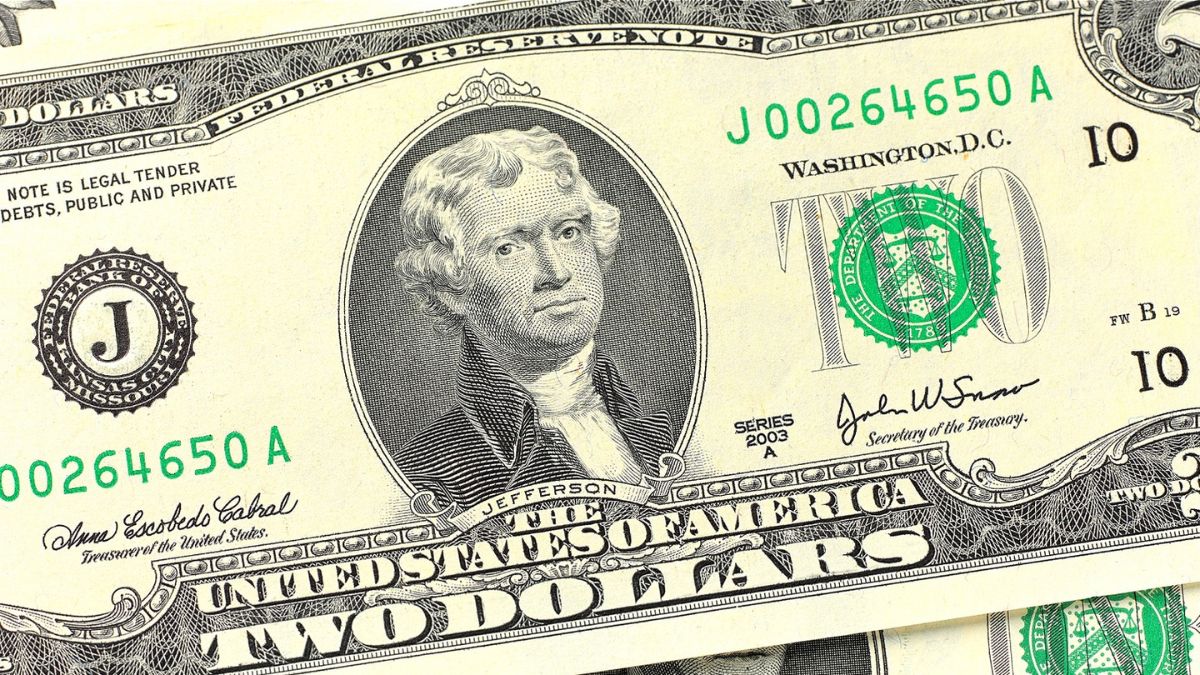If you’ve ever received unwanted calls from Credit One Bank or its debt collectors, you might be entitled to compensation through a recent class action settlement. After years of legal proceedings, Credit One has agreed to pay out $14 million to resolve allegations that it violated federal consumer protection laws by using robocalls without prior consent. Eligible consumers are now beginning to receive payments—here’s everything you need to know.
Table of Contents
Why Credit One Is Sending Settlement Payments
The class action lawsuit accused Credit One Bank and its affiliated third-party debt collectors of violating the Telephone Consumer Protection Act (TCPA). Specifically, the claim focused on the use of automatic dialing systems and pre-recorded messages to contact consumers without their explicit permission.
Between 2014 and 2019, millions of calls were allegedly made to individuals who either never gave consent or had already requested the calls stop. Though Credit One did not admit wrongdoing, it agreed to a settlement to avoid further litigation, setting aside funds for those impacted.
Who Is Eligible to Receive a Payment?
You may be eligible to receive compensation if:
- You received automated calls or pre-recorded voicemails on your mobile phone
- The calls were placed between 2014 and 2019
- The calls were made by or on behalf of Credit One Bank
- You did not give prior express consent for these calls
Even if you didn’t receive a mailed notice, you can still check your eligibility by visiting the official settlement website or contacting the settlement administrator.
What Is the Total Settlement Amount?
The Credit One class action settlement totals approximately $14 million. However, how much you receive individually depends on:
- The number of valid claims submitted
- Administrative costs and attorney fees deducted from the settlement pool
Estimated Payout:
Initial projections suggested an average payment of around $100 per claimant, but that amount could increase or decrease depending on final participation.
How to File a Claim
Here’s how to submit your claim if you’re eligible:
- Visit the Settlement Website
The official site is often listed as something like www.CreditOneTCPASettlement.com. - Use Your Claim ID and PIN
If you received a notice, enter the unique ID provided. If not, you can use a lookup tool on the website to check eligibility. - Choose Payment Method
Select how you want to receive your funds—via direct deposit, check, or PayPal. - Submit Before the Deadline
Deadlines are usually set between 60 and 90 days after notices are issued. Missing this date means you forfeit your payment.
Important Deadlines to Remember
| Action | Deadline (Estimated) |
|---|---|
| Claim Submission | Within 60–90 days of notification |
| Opt-Out or Object | Same as claim deadline |
| Payment Issuance | After final approval, likely late 2025 |
Always confirm specific dates on the official website or legal notice.
What If You Didn’t Receive a Notice?
Don’t worry. Even if you didn’t get an official letter or email:
- You can still verify eligibility online using your name and contact info
- Call or email the settlement administrator listed on the website for help
Why It Matters
This case highlights the growing use of class action lawsuits to protect consumers from aggressive or unlawful business practices. The TCPA, under which this case was filed, has become a key legal tool in pushing back against unwanted robocalls and automated marketing.
If you’ve ever felt harassed by relentless calls from financial institutions, this is your chance to be compensated—and send a message that consumer rights still matter.
FAQs:
Is this a real settlement?
Yes, the lawsuit and settlement are legitimate and handled through federal courts.
Do I need to pay to file a claim?
No. Filing a claim is free. You should never pay anyone to access your settlement.
What if I missed the deadline?
If you miss the deadline, you won’t receive a payment. However, you may still be able to access details or updates on future similar cases.






















